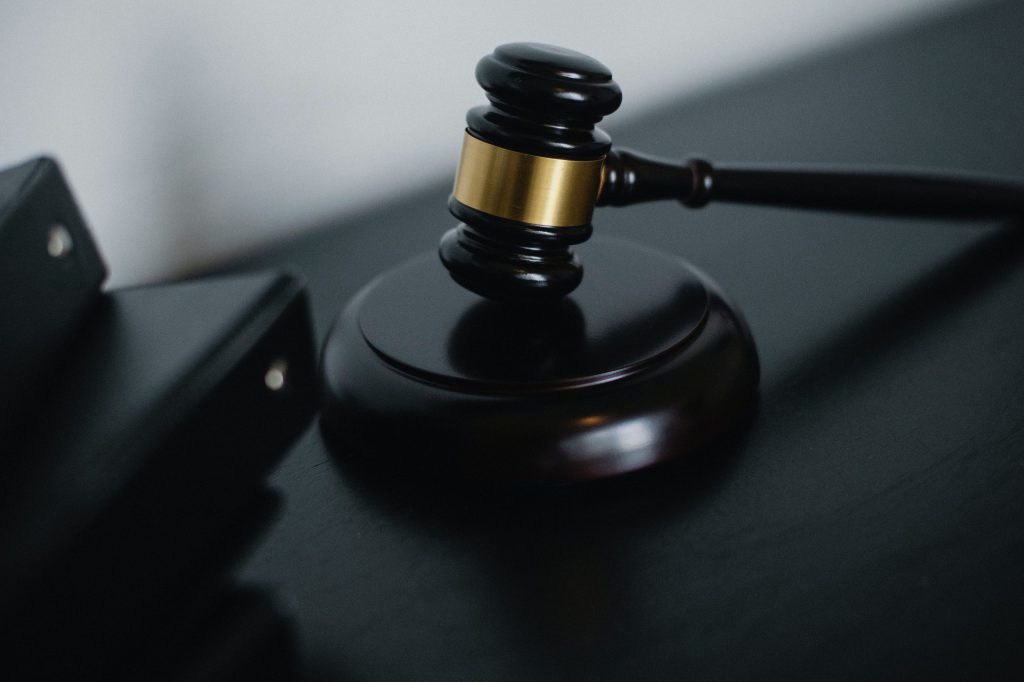One fundamental aspect influencers need to grasp is the concept of intellectual property rights. Copyright law grants creators exclusive rights to their original works, including photographs, videos, and written content. As influencers generate a myriad of content types, from visually striking images to entertaining videos, understanding and respecting these rights is crucial. While social media platforms provide a space for content sharing, influencers should be mindful of not infringing on the copyrights of others. Collaborations and partnerships are common in the influencer sphere, and it is imperative for influencers to establish clear terms regarding the usage of created content. Agreements should outline the scope of usage, specifying whether the content can be repurposed, modified, or shared by both parties. Clarity in contractual arrangements not only fosters a healthy working relationship but also helps in avoiding disputes related to copyright issues down the line.

Additionally, influencers should be vigilant when using third-party content, such as music, images, or video clips, in their creations. While platforms may provide libraries of seemingly free-to-use assets, influencers must delve into the licensing terms. Some assets may be available under specific licenses that require attribution, while others may have restrictions on commercial use. Failing to adhere to these terms could result in copyright infringement claims, leading to legal consequences and potential damage to an influencer’s reputation. Fair use is a doctrine within copyright law that allows for the limited use of copyrighted material without permission, typically for purposes such as criticism, commentary, news reporting, or education. Influencers should be aware of the boundaries of fair use and ensure that their use of copyrighted material falls within these parameters. Misjudging the application of fair use can lead to legal complications, making it essential for influencers to exercise caution and seek legal advice if uncertain.
In the evolving landscape of content creation, intellectual property laws are subject to ongoing changes and interpretations. Influencers must stay informed about legal developments to adapt their practices accordingly and click here now https://bitman-law.com/influencer-counsel/entertainment-law/ to understands more. Seeking legal counsel can provide influencers with valuable insights and guidance, ensuring that they stay on the right side of copyright laws and avoid potential legal entanglements. In conclusion, influencers are not only content creators but also stewards of intellectual property. Navigating copyright considerations requires a nuanced understanding of legal principles, clear communication in collaborations, and a vigilant approach to third-party content usage. By proactively addressing copyright issues, influencers can safeguard their creative works, foster positive partnerships, and contribute to the responsible and ethical evolution of the digital content landscape.

